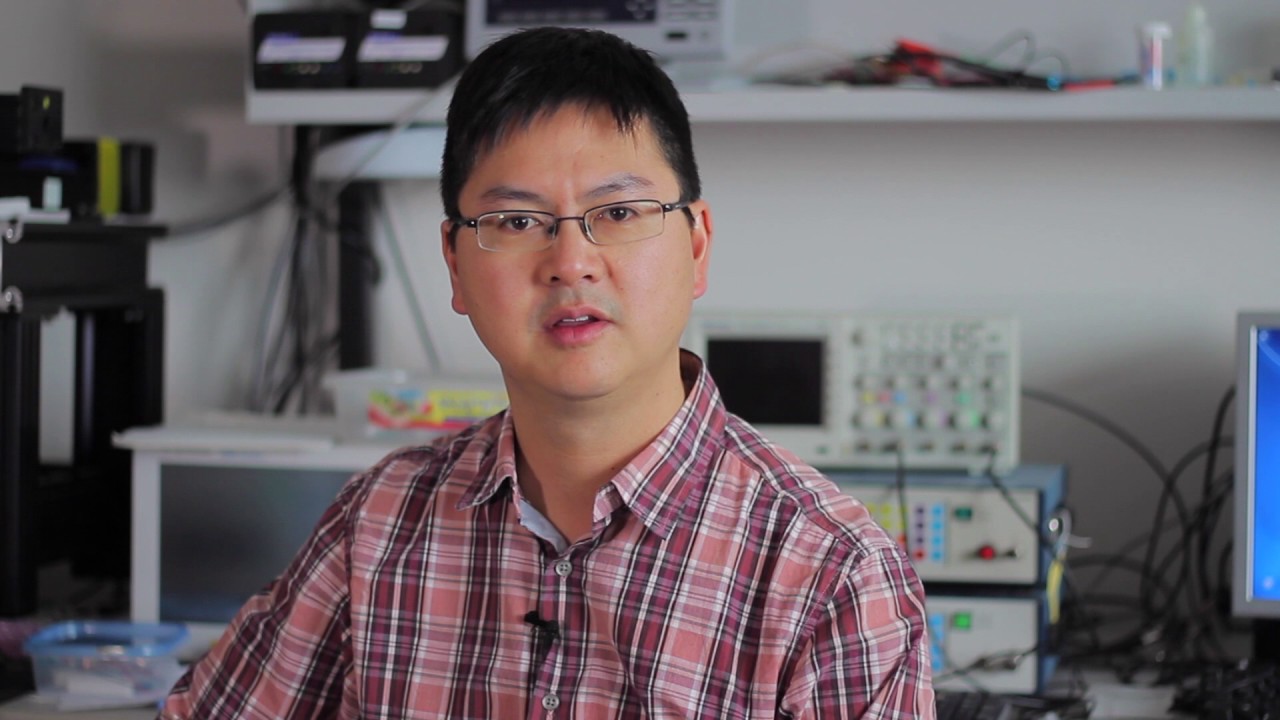Advances in areas such as biomaterials, biomechanics, rehabilitation robotics, medical imaging processing, informatics, and communications have enabled medical practitioners to provide better healthcare. Rapid proliferation of novel technologies such as smart homes, wearable devices, and patient specific implants, along with innovations in biomedical and data analytics, have empowered patients to monitor and manage their own health. As medical technology is becoming increasingly prevalent and essential, there is a growing need for advanced biomedical engineering programs in Canadian universities.
Carleton’s PhD program in Biomedical Engineering addresses this demand. Students solve advanced biomedical problems through a combination of thesis research, coursework, directed and individual study, and various forms of oral and written presentations. Biomedical research can be conducted with clinical and industrial collaborations, leading novel devices suitable for commercialization.
The PhD program is offered through the Ottawa-Carleton Institute for Biomedical Engineering (OCIBME), a multi-disciplinary joint institute with the University of Ottawa. The Institute spans seven academic units making it one of the largest institutes in Canada.
Capital Advantage
Carleton offers modern, well-equipped laboratories with state-of-the-art equipment and excellent computer facilities. The university’s location in the national capital allows for proximity to, and collaboration with, area hospitals, relevant government departments such as Health Canada, the National Research Council and, through OCIBME, access to resources and faculty at the University of Ottawa. OCIBME also has close ties with local hospitals, including The Ottawa Hospital which is one of the largest teaching hospitals in Canada, with specialty centres in cancer, heart, kidney, vision care and rehabilitation services. Your proximity to these facilities ensures that your potential career is just around the corner.
Faculty Research Highlights
- Monitoring of vital signs of critical care patients (A. Adler)
- Patient specific orthopaedic implants (H. Frei)
- Parallel processing for real-time biomedical informatics (J. Green)
- Rehabilitation and wearable robotic systems (M. Ahmadi)
- Biosignal quality assessment (A. Chan)
- Characterization of asthma inhaler spray (E. Matida)
- Biomechanics of cartilage and osteoarthritis (A. Speirs)
